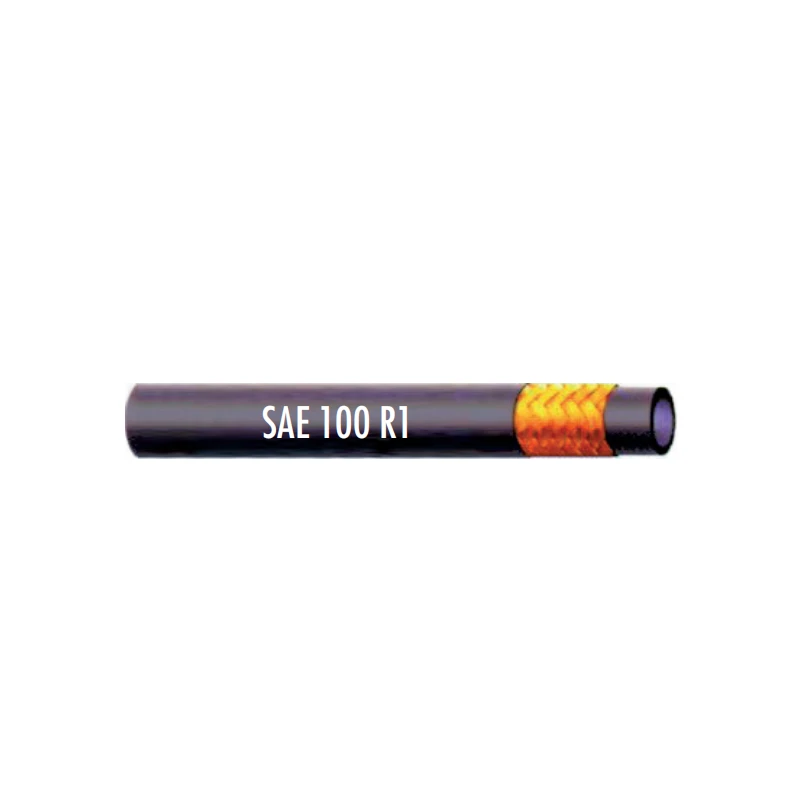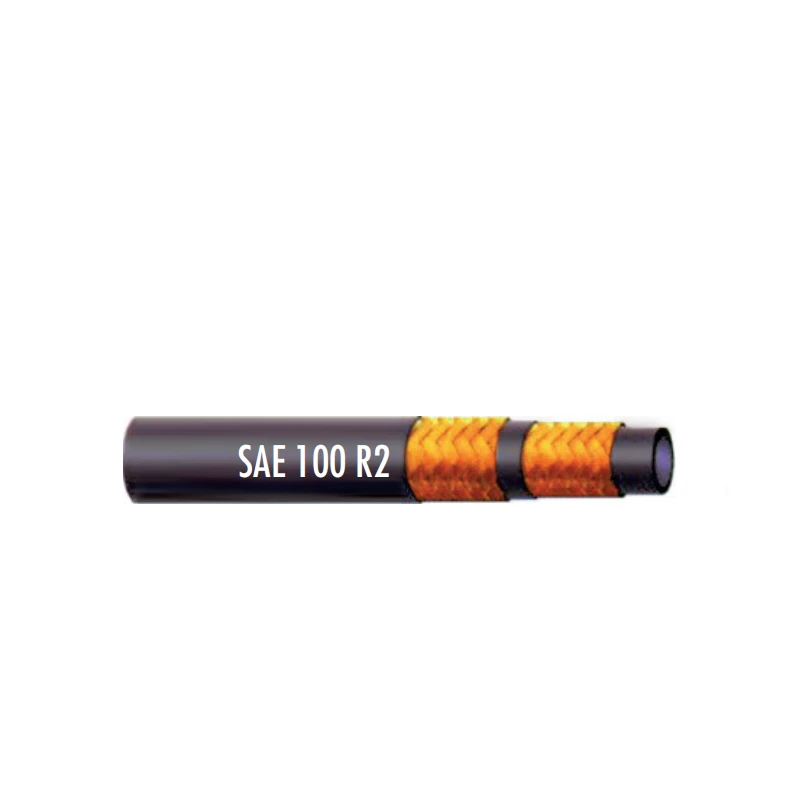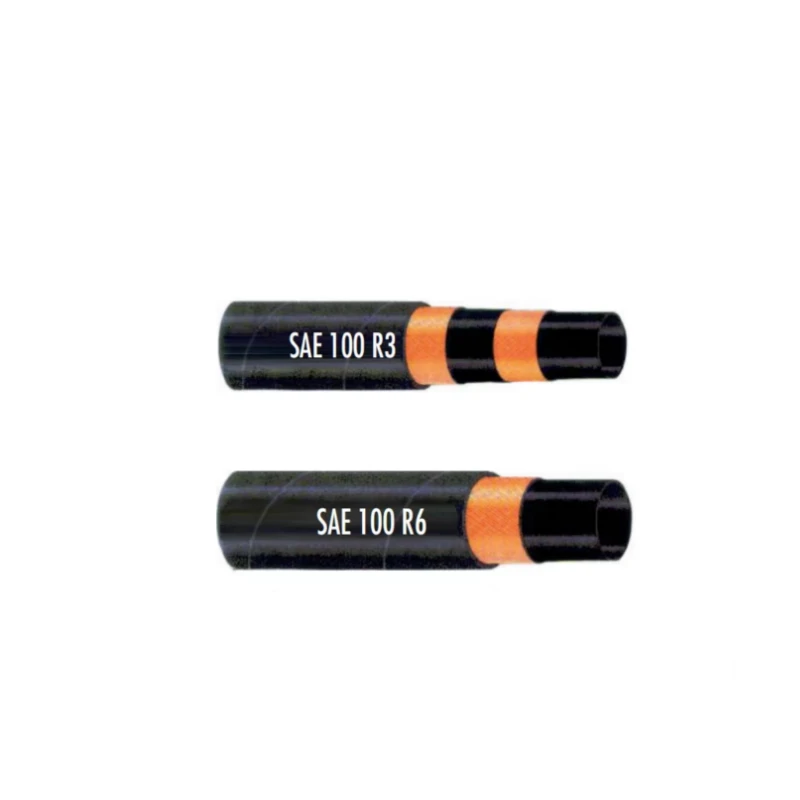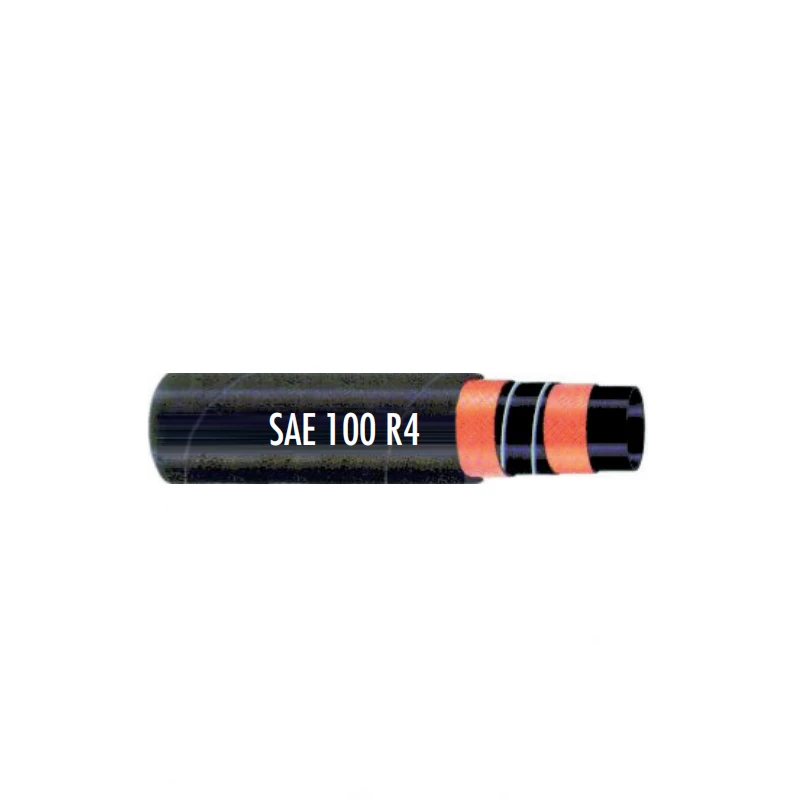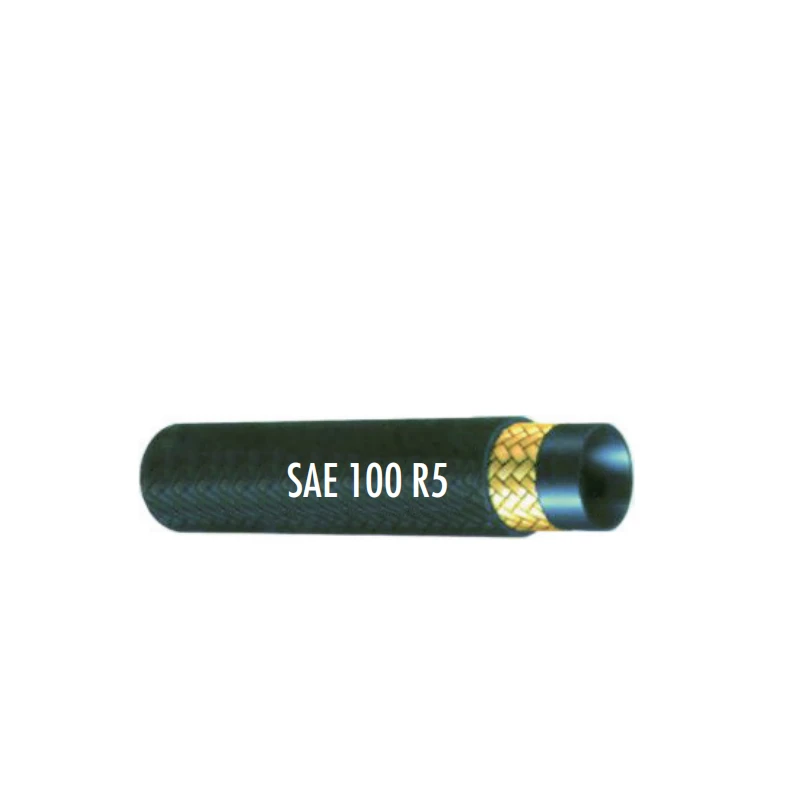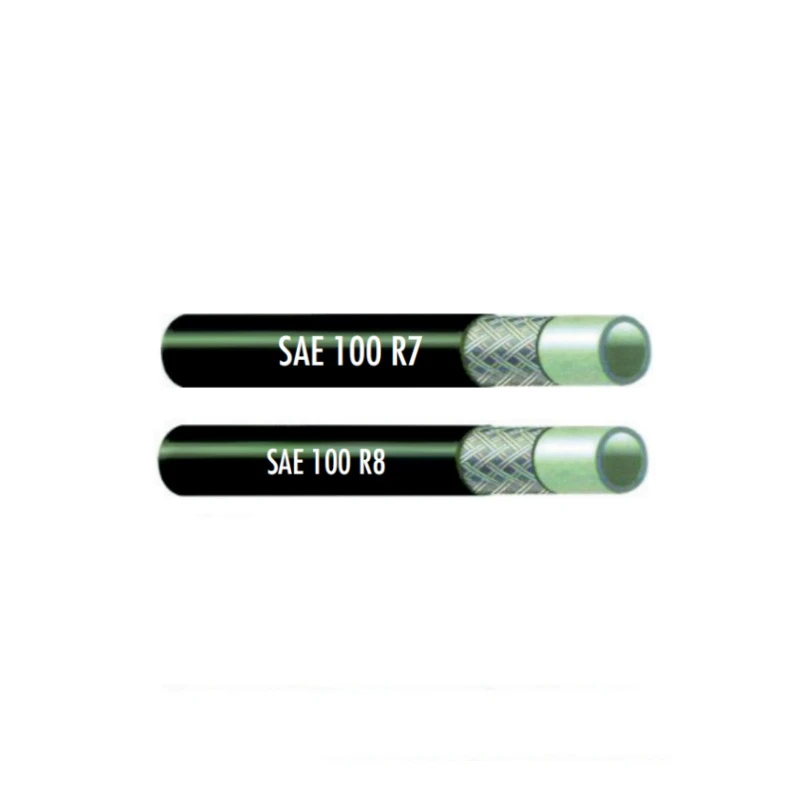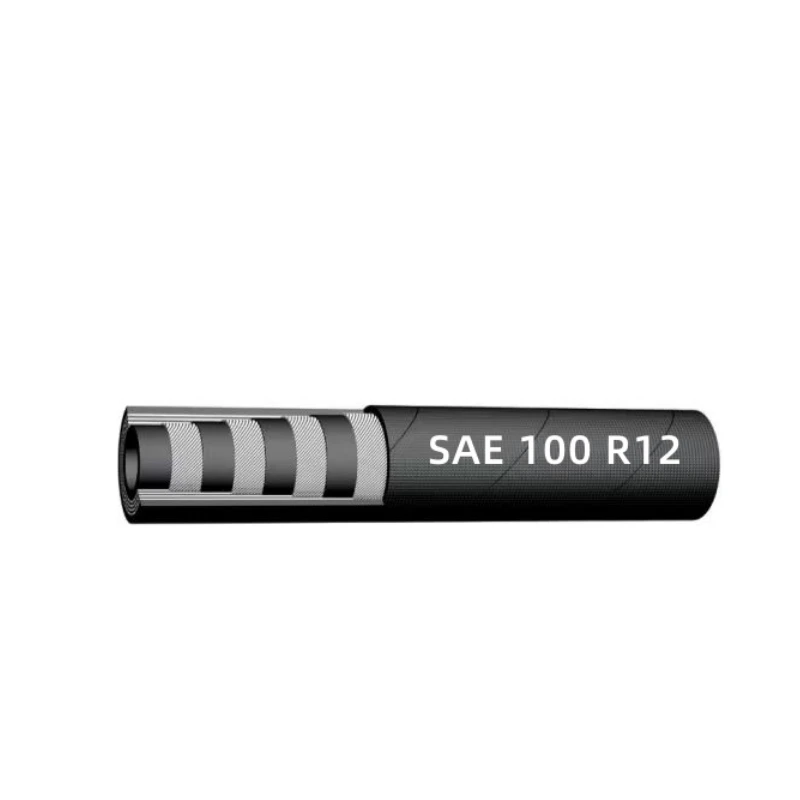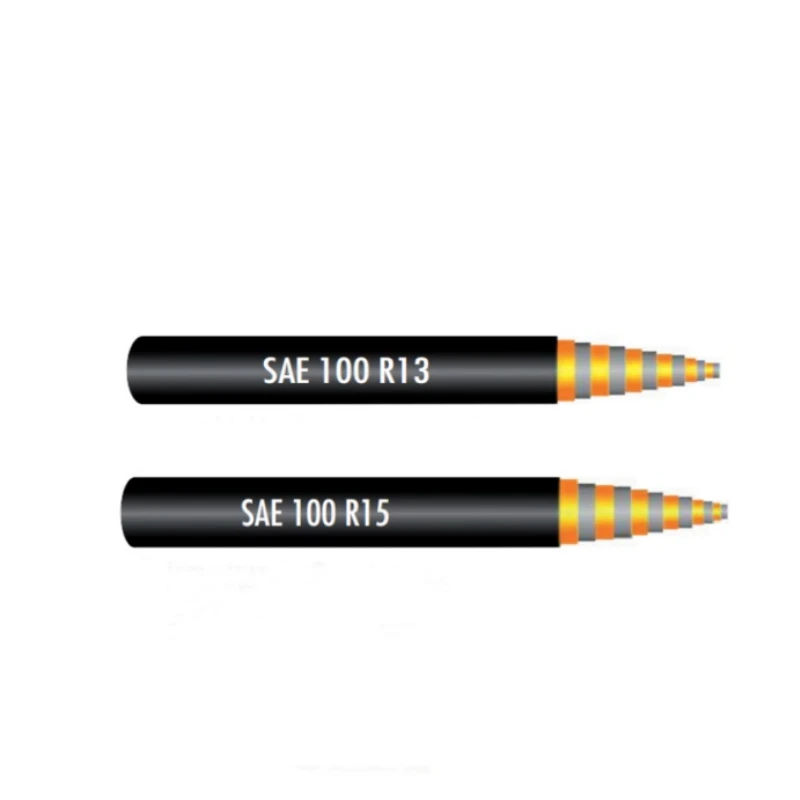
- Afrikaans
- Albanian
- Amharic
- Arabic
- Armenian
- Azerbaijani
- Basque
- Belarusian
- Bengali
- Bosnian
- Bulgarian
- Catalan
- Cebuano
- Corsican
- Croatian
- Czech
- Danish
- Dutch
- English
- Esperanto
- Estonian
- Finnish
- French
- Frisian
- Galician
- Georgian
- German
- Greek
- Gujarati
- haitian_creole
- hausa
- hawaiian
- Hebrew
- Hindi
- Miao
- Hungarian
- Icelandic
- igbo
- Indonesian
- irish
- Italian
- Japanese
- Javanese
- Kannada
- kazakh
- Khmer
- Rwandese
- Korean
- Kurdish
- Kyrgyz
- Lao
- Latin
- Latvian
- Lithuanian
- Luxembourgish
- Macedonian
- Malgashi
- Malay
- Malayalam
- Maltese
- Maori
- Marathi
- Mongolian
- Myanmar
- Nepali
- Norwegian
- Norwegian
- Occitan
- Pashto
- Persian
- Polish
- Portuguese
- Punjabi
- Romanian
- Russian
- Samoan
- scottish-gaelic
- Serbian
- Sesotho
- Shona
- Sindhi
- Sinhala
- Slovak
- Slovenian
- Somali
- Spanish
- Sundanese
- Swahili
- Swedish
- Tagalog
- Tajik
- Tamil
- Tatar
- Telugu
- Thai
- Turkish
- Turkmen
- Ukrainian
- Urdu
- Uighur
- Uzbek
- Vietnamese
- Welsh
- Bantu
- Yiddish
- Yoruba
- Zulu

Úno . 03, 2025 05:25 Back to list
Two Layers Steel Wire Reinforced Hydraulic Hose SAE 100 R2 / EN853 2SN

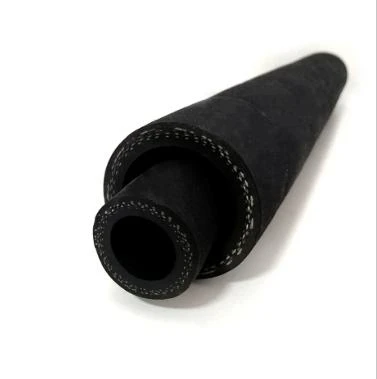
Real-world experiences demonstrate the critical nature of regular inspection and maintenance. Even with the best materials and certifications, low pressure hydraulic hoses are susceptible to wear and tear over time. Visual inspections for cracks, leaks, and abrasions, coupled with routine professional checks, can identify potential weak points before they escalate into system failures. Additionally, maintaining proper hose routing and avoiding bends tighter than recommended minimum bend radii can prolong the hose life significantly. Professionals also recommend replacing hoses at regular intervals as part of preventive maintenance. This advice is based on patterns observed through extensive field experience. Even if a hose appears to be in good condition, internal degradation can occur due to factors such as fluid incompatibility or micro-movements, leading to eventual failure if not preemptively replaced. Trustworthiness in the industry is built through sharing accurate, experience-based, and expert knowledge. Therefore, working with reliable suppliers who provide detailed product information and support can further enhance the selection process for low pressure hydraulic hoses. Engaging with suppliers who offer transparent data about compatibility, pressure ratings, and material sourcing fosters confidence in the products and their performance. Ultimately, the successful use of low pressure hydraulic hoses hinges on informed selection, adherence to industry standards, diligent maintenance, and proactive replacement strategies. By prioritizing these principles, businesses can ensure operational efficiency, safety, and reliability, reflecting the core values of expertise and trust within the industry.
Latest News
Steel Wire Reinforced Hydraulic Hose SAE 100 R1 / EN853 1SN S
NewsOct.17,2024
Two Layers Steel Wire Reinforced Hydraulic Hose SAE 100 R2 / EN853 2SN
NewsSep.03,2024
Textile Braid Reinforced Hydraulic Hose SAE100 R3+R6
NewsSep.03,2024
Textile Reinforced Hydraulic oil Suction Hose with embedded Steel Wire SAE 100 R4
NewsSep.03,2024
Single Wire Braid and Textile Covered Hydraulic Hose SAE 100 R5
NewsSep.03,2024
High Pressure Thermoplastic Hydraulic Hose SAE 100 R7 / EN855 R7 - SAE 100 R8 / EN855 R8
NewsSep.03,2024
Heavy Duty Four-layer Steel Wire Spiral Reinforced Hydraulic Hose SAE100R9+R10+R12
NewsSep.03,2024
Heavy Duty Multi-layer Steel Wire Reinforced Hydraulic Hose SAE100R13 SAE100R15
NewsSep.03,2024
Latest Products
